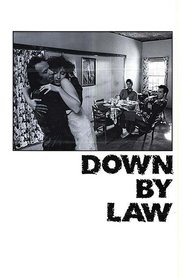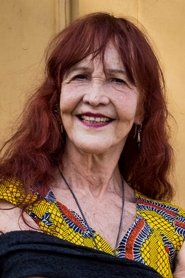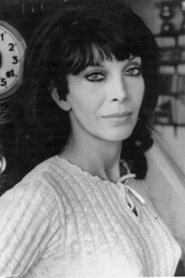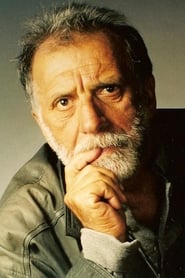

Baron Olavo, The Horrible
Bressane’s first color film, shot in the home of the artist Elyseu Visconti. Part of it is missing sound and final editing because the director was forced to leave Brazil. Horror and humor to deal with the subject of insanity: “In the end everyone leaves the house as though they were laboratory mice escaping, they invade the city and contaminate the world”. “If we talk about horror, this film deals with national horror, with Mojica Marins as an emblem. There might be a few touches of Corman and English horror, but it is another level of horror. What transformed the film was the location where we were shooting, the house of a 19th century painter, a receptacle of light. When I arrived and saw that house, that light, I said: ‘This is the film. This is the horror’. The meaning of the film, its appeal, derives from this laboratory of light” (J. Bressane). — Torino Film Festival
- Overview
- Cast
- Crew
- Recommendations
Baron Olavo, The Horrible
- Overview
- Cast
- Crew
- Recommendations
Status
Released
Release Date
May 8, 1969
Runtime
1h 12m
Genres
Comedy, Crime, Horror
User Score
48%
Original Title
Barão Olavo, o Horrível
Production Companies
Belair Filmes, TB Produções
Director
Júlio Bressane
Description
Bressane’s first color film, shot in the home of the artist Elyseu Visconti. Part of it is missing sound and final editing because the director was forced to leave Brazil. Horror and humor to deal with the subject of insanity: “In the end everyone leaves the house as though they were laboratory mice escaping, they invade the city and contaminate the world”. “If we talk about horror, this film deals with national horror, with Mojica Marins as an emblem. There might be a few touches of Corman and English horror, but it is another level of horror. What transformed the film was the location where we were shooting, the house of a 19th century painter, a receptacle of light. When I arrived and saw that house, that light, I said: ‘This is the film. This is the horror’. The meaning of the film, its appeal, derives from this laboratory of light” (J. Bressane). — Torino Film Festival
Cast
Crew
Recommendations
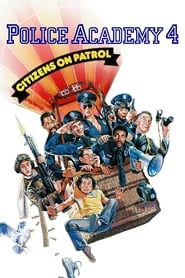
Police Academy 4: Citizens on Patrol
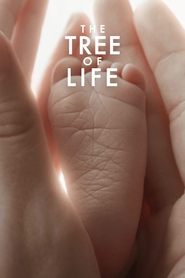
The Tree of Life
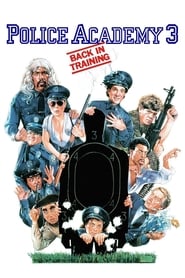
Police Academy 3: Back in Training
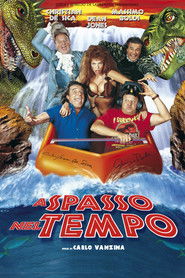
A Walk in Time

Training Wheels

Godzilla 1985
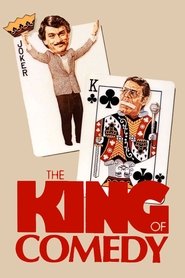
The King of Comedy
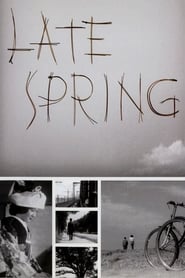
Late Spring
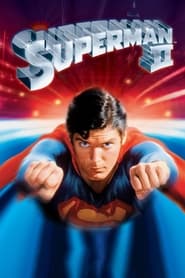
Superman II
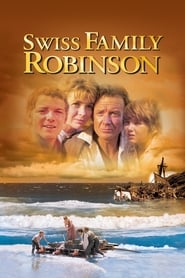
Swiss Family Robinson
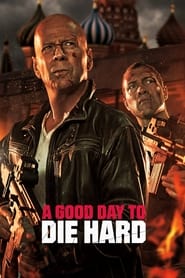
A Good Day to Die Hard
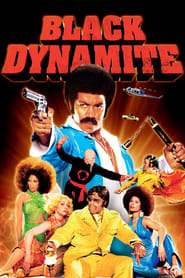
Black Dynamite
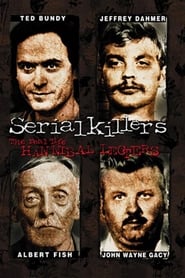
Serial Killers: The Real Life Hannibal Lecters

G.I. Joe: Retaliation
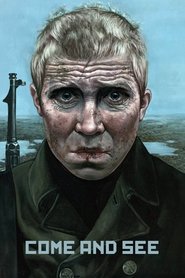
Come and See
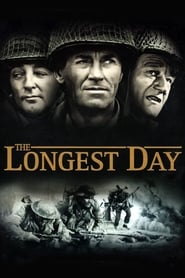
The Longest Day
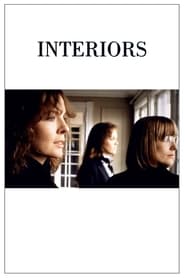
Interiors
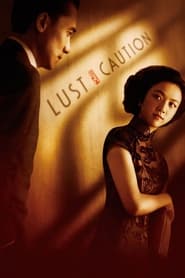
Lust, Caution
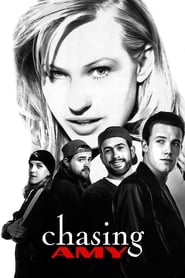
Chasing Amy
